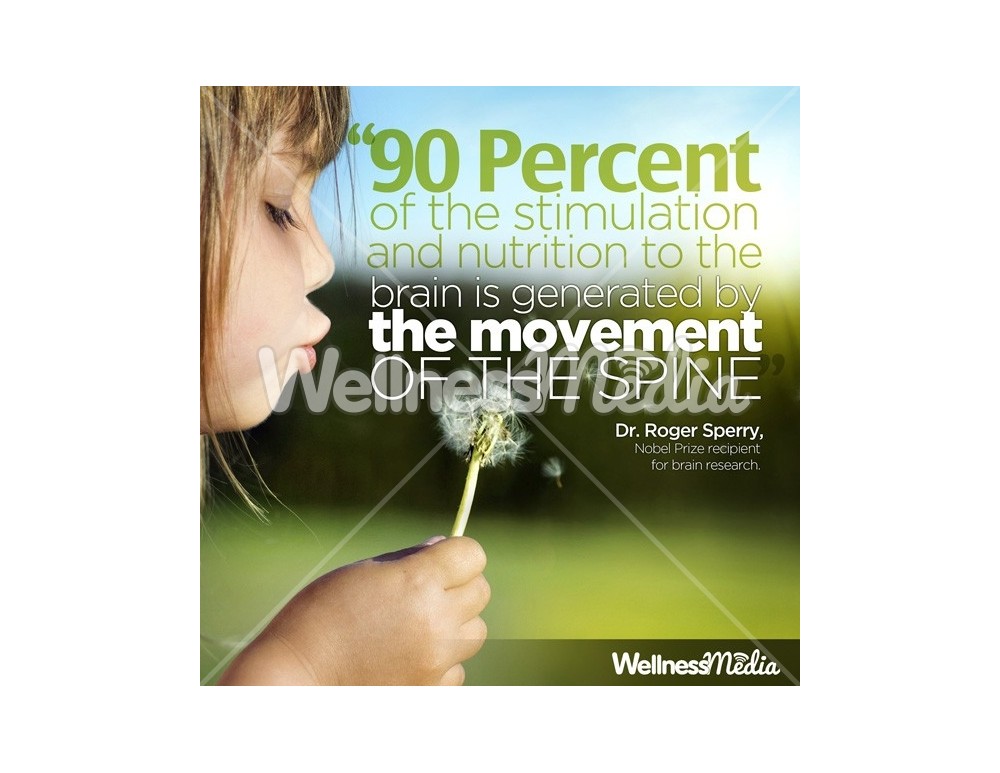The Impact Of Diet Plan On Pain In The Back Administration: Foods To Incorporate And Foods To Leave Out
The Impact Of Diet Plan On Pain In The Back Administration: Foods To Incorporate And Foods To Leave Out
Blog Article
Short Article Written By-Whitley Wiese
When it involves managing your pain in the back, the food choices you make can considerably impact just how you really feel on a daily basis. Picture being able to reduce your pain simply by changing what you consume. By recognizing the role of nutrition in neck and back pain administration and knowing which foods to incorporate or avoid, you can take positive steps in the direction of a much healthier and more comfortable way of life. The link in between nourishment and back health and wellness is extra profound than you may understand-- allow's explore how specific foods can either calm or exacerbate your back pain.
Importance of Nourishment in Neck And Back Pain
Nourishment plays a vital function in handling pain in the back. Your diet regimen can considerably influence swelling degrees and general pain levels in your back. Consuming a balanced diet rich in nutrients like vitamins D and K, calcium, magnesium, and omega-3 fatty acids can help reduce inflammation and enhance bones, which are vital for back health.
Additionally, maintaining a healthy weight through appropriate nutrition can alleviate stress and anxiety on your spinal column, minimizing the danger of pain in the back.
Furthermore, certain nutrients like antioxidants located in vegetables and fruits can help fight oxidative stress and advertise healing in the body, consisting of the back muscular tissues and back.
On Related Site , consuming extreme quantities of processed foods, sweet beverages, and harmful fats can add to swelling and weight gain, intensifying neck and back pain.
Foods to Consume for Back Health And Wellness
To sustain a healthy back, integrating nutrient-rich foods right into your day-to-day dishes is vital. Consisting of foods high in anti-oxidants like berries, spinach, and kale can help in reducing swelling in your back, easing discomfort and discomfort. Omega-3 fats discovered in fatty fish such as salmon and mackerel have anti-inflammatory residential properties that can benefit your back health.
Additionally, eating nuts and seeds like almonds, walnuts, and chia seeds provides crucial nutrients like magnesium and vitamin E, which sustain muscular tissue function and reduce oxidative stress. Incorporating view website as chicken, turkey, and tofu can help in muscular tissue repair work and upkeep, promoting a solid back.
Don't fail to remember to include dairy or fortified plant-based choices for calcium to sustain bone health and wellness. Last but not least, hydrate with lots of water to keep your spine discs moisturized and functioning efficiently. By consisting of these nutrient-dense foods in your diet, you can nourish your back and support total spinal health and wellness.
Foods to Avoid for Back Pain
Choose preventing processed foods high in sugarcoated and trans fats when seeking remedy for back pain. These sorts of foods can contribute to inflammation in the body, which might exacerbate back pain. Say no to sugary snacks sweet, pastries, and sweet drinks, as well as junk food items like hamburgers, french fries, and fried poultry that are commonly loaded with trans fats.
Furthermore, avoid foods including high levels of polished carbs, such as white bread, pasta, and pastries, as they can increase blood glucose degrees and potentially get worse swelling in the body.
It's additionally wise to restrict your intake of foods high in saturated fats, like red meat and full-fat milk items, as they can add to swelling. Processed foods like delicatessens meats, chips, and packaged treats are commonly high in saturated fats and need to be consumed in moderation.
mouse click the next web site
In conclusion, taking notice of your diet plan and making wise food choices can have a considerable influence on handling pain in the back. By integrating nutrient-rich foods like berries, fatty fish, nuts, and lean proteins, and avoiding refined and sweet products, you can help reduce swelling and support on the whole back wellness. Bear in mind, what you consume plays a vital role in just how you feel, so make sure to prioritize your nourishment for a much healthier back.
